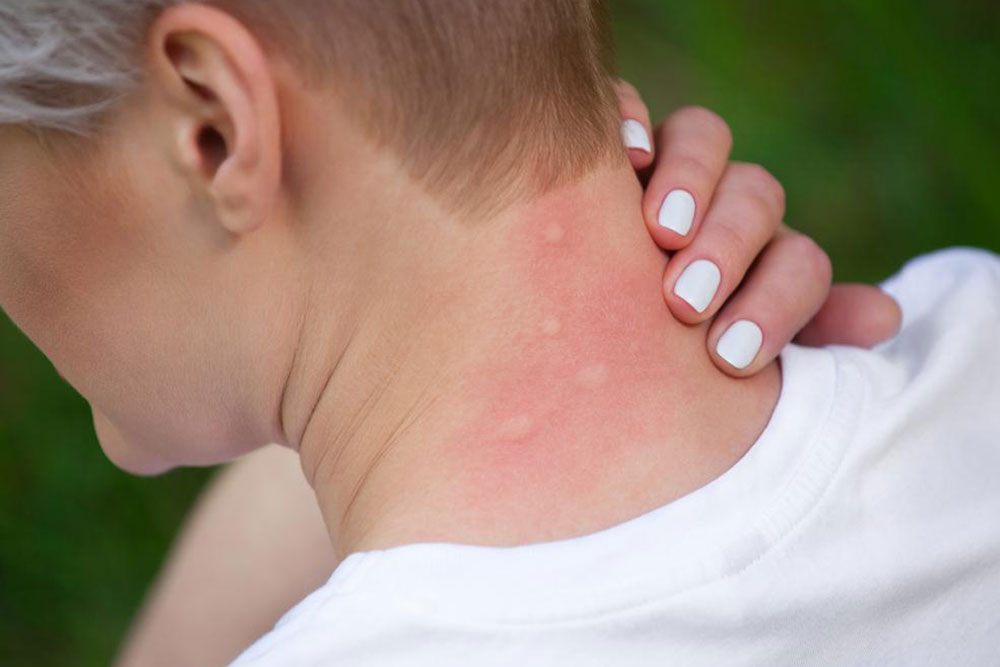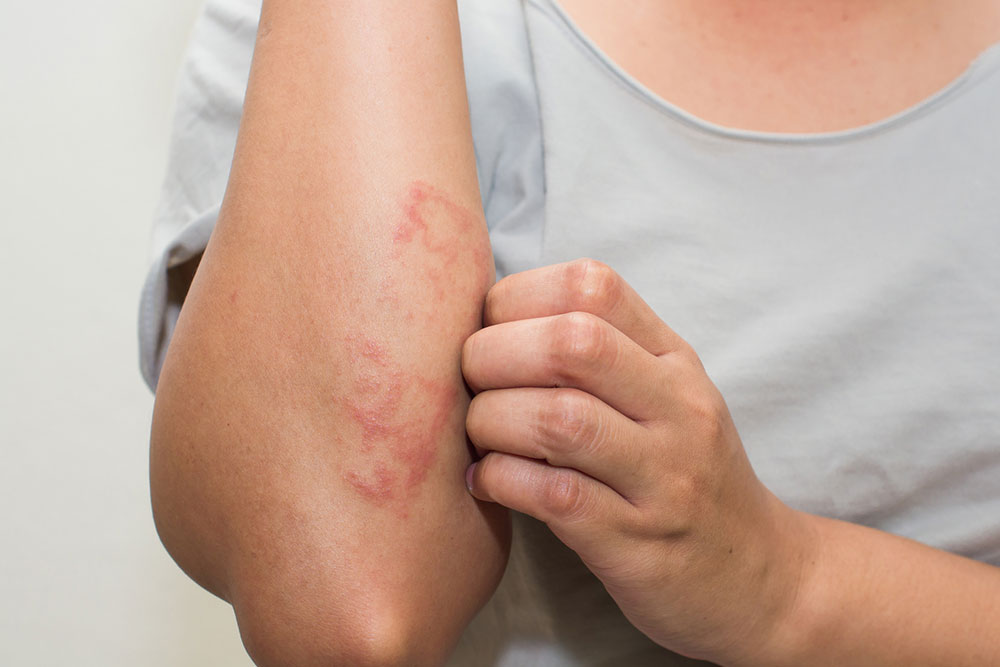Understanding the Causes of Itchy Skin and How to Address Them
This article explores common causes of itchy skin, including allergies, skin conditions, sun exposure, medications, and underlying health issues. It emphasizes the importance of timely medical consultation for persistent itchiness and offers tips for skin care and relief. Understanding these factors can help individuals manage skin health and prevent complications. It stresses that prolonged itching may signal serious health problems, urging prompt medical attention for effective treatment and prevention. Proper diagnosis is vital for effective skin health management.

Understanding the Causes of Itchy Skin and How to Address Them
Itchy skin can be challenging to describe and diagnose. A temporary itch from insect bites usually subsides quickly, but persistent or recurrent itching may signal an underlying health issue. Such cases require medical assessment.
Medically known as pruritus, itching can affect specific areas or the entire body. It often accompanies skin conditions like rashes, dryness, flakiness, cracks, bumps, or redness.
Below are common reasons for experiencing itchy skin:
Contact Allergies
Exposure to certain substances can trigger allergic reactions causing itchiness and rashes. Common household triggers include soaps, deodorants, fabrics, cosmetics, and metals. Pollen contact may also provoke similar symptoms.
Atopic Dermatitis (Eczema)
Characterized by intensely itchy, dry, and scaly patches of skin. Bumps and rashes may form, worsened by scratching or food allergies, especially in children with a family history of allergies or asthma.
Sun Exposure
Prolonged sun exposure can cause sensitive skin to develop rashes due to UV damage. The immune response leads to inflammation, swelling, and itching.
Medication Reactions
Some medicines may trigger skin reactions, from mild itchiness to severe rashes or hives. Drugs like high blood pressure medications, estrogen, allopurinol, diuretics, and opioids are common culprits.
Dry Skin
Lack of moisture causes skin to become rough and cracked, attracting allergens that lead to inflammation and itching. Regular moisturizing can help prevent this.
Hives
Allergic responses can cause raised welts or hives, which are often itchy. Factors like sun, stress, or heat can trigger flare-ups.
Dandruff
Not only affecting teens but adults too, dandruff causes an itchy scalp with flaky skin that can fall onto shoulders and forehead. Excessive dandruff can lead to hair loss if untreated.
Psoriasis
An autoimmune condition where rapid cell turnover results in thick, scaly patches that itch. The exact cause remains unknown, but immune system involvement is suspected.
Fungal and Bacterial Infections
Moist environments often harbor fungal infections, characterized by itchy rashes. Conditions like folliculitis or impetigo also cause itching and skin discomfort.
Medical Conditions
Underlying health issues such as shingles, multiple sclerosis, nerve damage, strokes, or tumors may display skin itching as a symptom. Psychological factors like depression, OCD, anxiety, or trichotillomania can also lead to compulsive skin scratching.
Persistent itching might be linked to serious health problems like liver, kidney, or thyroid disorders, or even cancers. If itching persists, consulting a healthcare professional promptly is crucial to prevent potential complications. Proper skin care and timely medical attention are essential for maintaining skin health and overall well-being.










